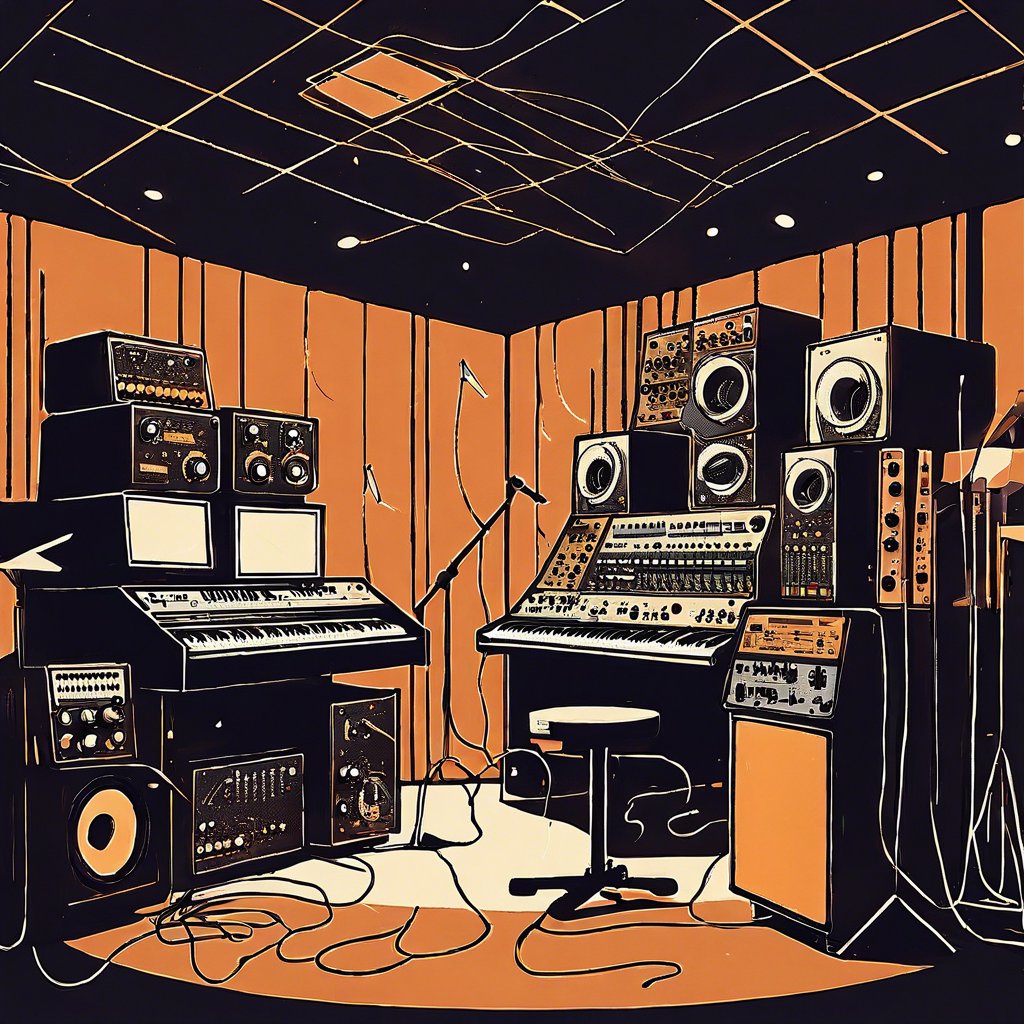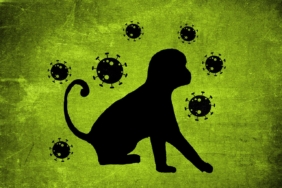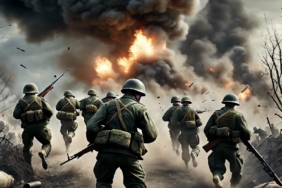Rebirth Through Sound: The Essence of Krautrock
“We had to start from zero.” “We wanted to start over at zero.” “It wasn’t an intellectual approach, more an anarchic one: just starting over at zero.” These resonant statements from saxophonist Peter Brötzmann, composer Irmin Schmidt, and guitarist Lutz Ludwig Kramer encapsulate the profound motivations behind Germany’s counterculture in the tumultuous decades following World War II.
In the aftermath of unimaginable devastation, the youth of Germany found themselves grappling with a “country in ruins, and thus a ruined culture,” as Schmidt poignantly describes it. This period was marked by a stark division between the democratic West and the authoritarian grip of the Soviet Union, a pervasive global wariness of anything associated with Germany, and a deep-seated identity crisis. The critical question loomed: how could they possibly respond to the abhorrent actions of their forebears?
Such weighty concerns might easily fade into the background when one immerses in the vibrant and life-affirming soundscapes that emerged from this generation in the 1970s. Iconic bands like Kraftwerk, Can, and Popol Vuh—often grouped under the reductive label of krautrock—pushed the boundaries of electronic experimentation and collaborative creativity within popular music. Their groundbreaking work not only raised the bar for musical innovation but also paved the way for the explosive emergence of punk, industrial music, and techno.
However, the true power of oral histories lies in their ability to convey shared experiences. In Christoph Dallach’s meticulously compiled interviews for the book “Neu Klang: The Definitive History of Krautrock,” 66 musicians and observers reveal how they created their own neu klang—“new sound”—by distancing themselves from the authoritarian shadows of Germany’s past. First published in German in 2021, the English translation by Katy Derbyshire provides Anglophone audiences with a vital insight into a generation of artists navigating the heavy legacy of fascism.
Reflecting on his early education, pianist Alexander von Schlippenbach recalls, “When I started school, we still had to say ‘Heil Hitler’ for two days—and all of a sudden it turned into ‘Guten Morgen.’” Harald Grosskopf, a pioneering drummer and electronic music innovator whose father held a position as a Nazi officer, shares, “My fight with him became the major conflict of my life,” adding that this struggle was likely what ultimately propelled him toward the krautrock movement.















